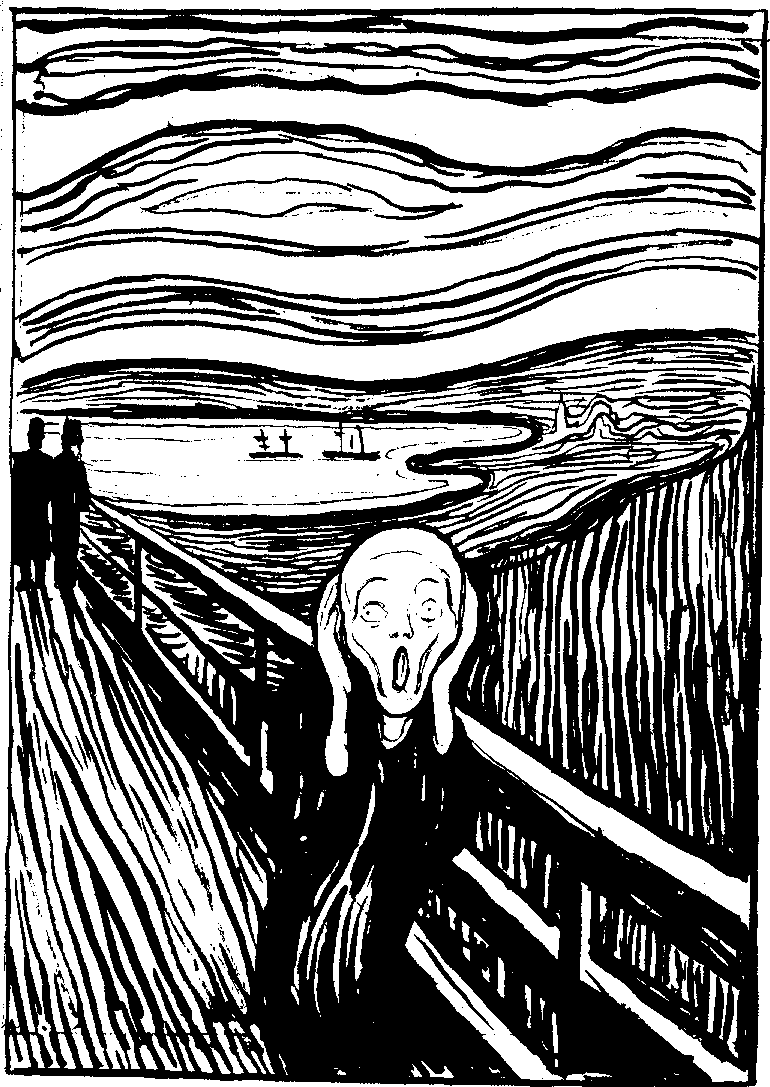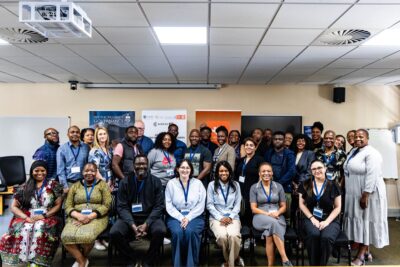To practice anthropology is to accept an implicit temporal double bind: We think we write ethnography, but frequently our expositions and analyses have become history by the time they achieve publication and elicit responses from readers and peers. When I set out to conduct the research that eventually became the basis for my new book, Muslim Civil Society and the Politics of Religious Freedom in Turkey (Oxford University Press, 2017), I envisioned a panoramic study of a vibrant, emergent field of religious and political action in Turkey, embedded in the institutions and discourses of civil society. I began fieldwork at a relatively sanguine moment in recent Turkish history, in 2005, when the destabilization of the hegemonic, frequently illiberal forces of statist Kemalism, especially the military, carried the promise of a new, multi-centered public sphere that might incorporate a plethora of previously peripheral positions and silenced voices. At the time, I could not imagine that this climate of political optimism, as well as the very domain of Muslim civil society that I set out to study, would prove to be so evanescent.
Essays
The Immanent Frame publishes essays reflecting on current events, debates in the field, and other public matters relevant to scholarship in secularism and religion.
The Immanent Frame typically publishes essays by invitation only. To see our open calls for content, click here.
To read essays from our archive that are written by scholars introducing or reviewing a recently published book, click here and here.
Practice and performance in ritual language
Does it make a difference to think of ritual language such as prayer in terms of a relation between practice and performance? I do not mean this in the sense that a…
The Myth of Disenchantment: An Introduction
 by
Jason Ā. Josephson-Storm
by
Jason Ā. Josephson-Storm
A great many theorists have argued that precisely what makes the modern world “modern” is that people no longer believe in spirits, myths, or magic. Even theorists who have challenged grand narratives of secularization often assume that modernity produces a disenchanted world. The age of myth is allegedly over, the spirits have vanished, and vibrant nature has been subjugated. In The Myth of Disenchantment: Magic, Modernity, and the Birth of the Human Sciences, I argue that as broad cultural history goes, this narrative is wrong. Our era is far from mythless, belief in spirits continues to be widespread, vitalized nature has been a persistent philosophical counter-current, and even attempts to suppress magic have failed more often than they have succeeded. Hence, I contend that the whole notion of “modernity” as rupture that undergirds a host of disciplines is itself a myth.
A State of suspicion: Counter-radicalization in Norway
 by
Sindre Bangstad
by
Sindre Bangstad
"It has long been known that Muslims constitute the proverbial public enemy number one for right-wing populists across the Western world. What is new and relatively unprecedented in the Norwegian context, however, is the active embrace and instrumentalization of what Rogers Brubaker has referred to as “Christianist secularism” by Norwegian populist right-wingers in government. Given that Norway happens to be among the most secularized countries on earth by any standard measure developed by classical secularization theory (with steadily declining Christian church membership, attendance, and baptism), what Norwegian populist right-wingers offer is, of course, a culturalized Christianity largely devoid of any substantive content relating to faith."
Understanding the president’s reality: Our unconscious, not his
 by
Judith Gurewich
by
Judith Gurewich
The matter of the love-hate relationship between psychoanalysis and public life has an unexpected link to the complexities of secularism in the United States. Officially, psychoanalysis has been dismissed as a mode of inquiry into the issues of public life and especially into the states of mind of its actors. This is the result of the famous Goldwater Rule, introduced into the ethics code of the American Psychiatric Association following the 1964 presidential election, when analysts had the temerity to “diagnose” Barry Goldwater without the benefit of having him on their couches.
Salafism in Nigeria: An introduction
 by
Alexander Thurston
by
Alexander Thurston
Studying Salafism is important not just for analyzing jihadist movements or clarifying twentieth-century Muslim history, but also for better understanding the role of religion in contemporary life. What claims to authenticity are religious movements making? What mechanisms sustain these claims? How do these mechanisms shape the preaching and writing of religious leaders, and the expectations and preoccupations of their audiences? My new book, Salafism in Nigeria, explores these questions through a case study of Africa’s most populous country. The book argues that Salafism is animated by a canon of texts. This canon foregrounds the Qur’an and the reported words and deeds of the Prophet (texts known as hadith reports). At the same time, the canon gives a surprisingly prominent place to the work of twentieth-century scholars. The canon structures Salafi preaching and is a key tool that Salafis use in debates with other Muslims—and with each other.
Weak theology and the anti-gospel of American exceptionalism
Has the United States been a source of good in the world? Weak theology assumes a position of service to the vulnerable as the point of redemptive activity. A strong theology would…
Scholar or retailer of import goods? Reza Aslan, his guru, and his critics
“I came to Varanasi India to do a show about Hinduism, about karma, reincarnation, the caste system, and a little known Hindu sect called the Aghori. That’s when things got out of…
“I am not a racist, but . . .”: The perversity of the recent ECJ ruling on the “headscarf issue”
It is by now commonplace that ostensibly “neutral” language—such as the notorious preamble “I am not a racist, but . . .”—can serve to mask or justify covert forms of discrimination. Yet,…
Understanding the president’s reality: A psychoanalytic contribution to public life
 by
Judith Gurewich
by
Judith Gurewich
It would not have taken long for French psychoanalyst Jacques Lacan to realize that President Donald Trump has a paranoid vision of the world. This does not mean that President Trump is insane, but rather that he has never left the mental space we all inhabited as toddlers and that we have never entirely forgotten. A glimpse of this place comes vividly to mind when we feel insanely jealous, dismissed, or ignored. But most adults no longer live here day in and day out, because the love we took in as children is usually strong enough to help us fashion an image of ourselves that we can rely upon when we feel challenged . . . . The paranoid structure is not foreign to us because it is a rigid, simplified, and distorted version of the ordinary way we see the world. In that sense President Trump’s behaviors, discourse, and actions are not as erratic as they appear. They follow a logic that we are equipped to understand.















